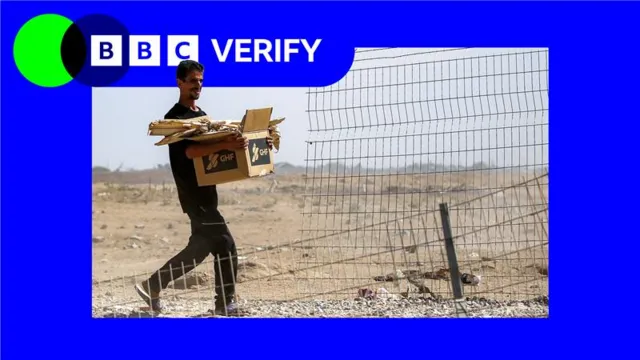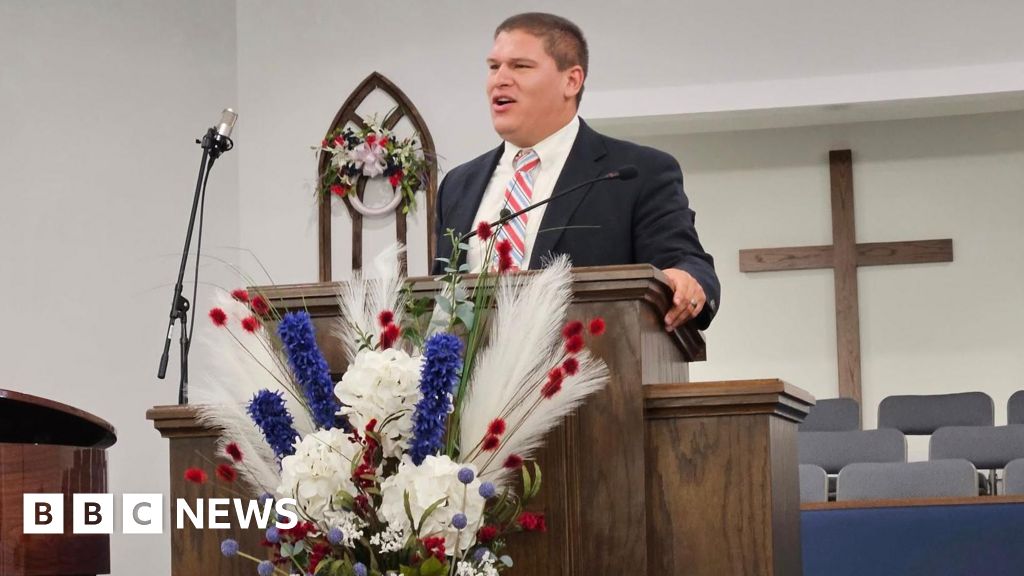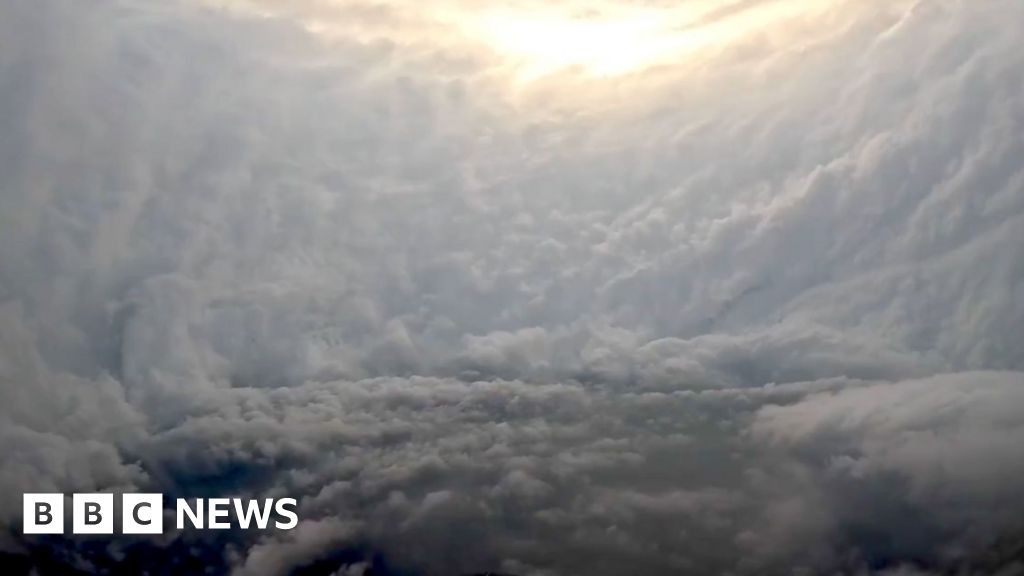Kevin Nguyen,
Phil Leake and
Merlyn Thomas
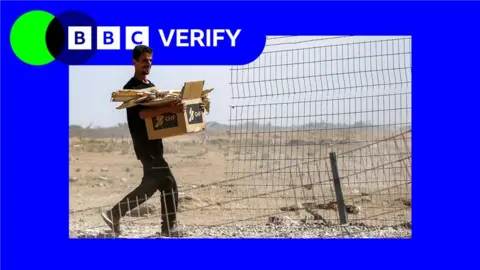 BBC
BBCThe controversial US and Israeli-backed Gaza Humanitarian Foundation (GHF) has confirmed it suspended operations in Gaza after the ceasefire deal between Israel and Hamas came into effect on 10 October.
Despite being funded until November, the organisation said its final delivery was on Friday.
The GHF has been heavily criticised after hundreds of Palestinians were killed while collecting food near its distribution sites. Witnesses say most were killed by Israeli forces.
Israel has regularly denied that its troops fired on civilians at or near the sites and the GHF has maintained that aid distribution at its sites has been carried out “without incident”.
The group’s northernmost aid distribution site, known as SDS4, was shut down because it was no longer in IDF-controlled territory, said a spokesman.
Satellite imagery revealed it was dismantled shortly after the 10 October ceasefire came into effect. Images show tyre tracks, disturbed earth and detritus strewn across the former compound.
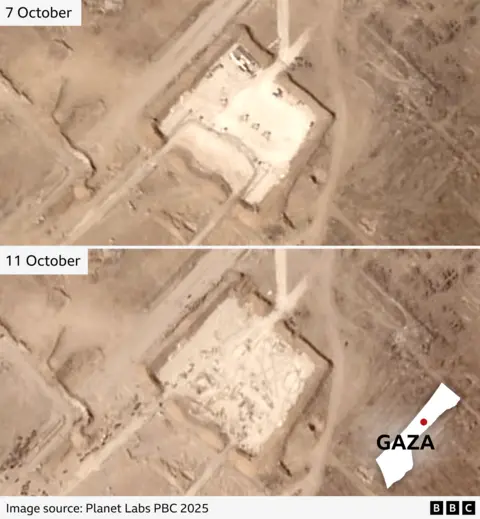
“Right now we’re paused,” the GHF spokesman said. “We feel like there’s still a need, a surge for as much aid as possible. Our goal is to resume aid distribution.”
Despite the group’s apparent desire to continue there has been speculation the final terms of the ceasefire deal between Hamas and Israel would exclude them.
Meanwhile, analysis of UN-supplied data shows little change in aid collected from crossings after the ceasefire deal came into effect last Friday.
The average amount of aid “collected” – defined by the UN as when it leaves an Israeli-controlled crossing – each day has increased slightly compared with the previous week, but it remains in line with September figures.
UN data shows about 20% of aid leaving a crossing has made it to its intended destination since 19 May. More than 7,000 aid trucks have been “intercepted” either “peacefully by hungry people or forcefully by armed actors”, according to UN data.
Aid sources told the BBC they hoped looting would subside in coming weeks as law and order is re-established and the populace is given assurances the ceasefire would hold.
A spokesperson from the United Nations Office for the Coordination of Humanitarian Affairs (OCHA) said while it was critical for the ceasefire to allow for an increase in aid and other essential supplies, it was important to reach vulnerable Gazans, including in areas that were inaccessible until recently.
OCHA has hundreds of community and household service points involved in distributing aid. It lost access to many, sometimes due to conflict and sometimes due to Israel denying it access.
“We need to re-establish our service points, we need looting to reduce, we need roads to be cleared of unexploded ordnance and we need safety assurances,” the OCHA spokesperson said.
